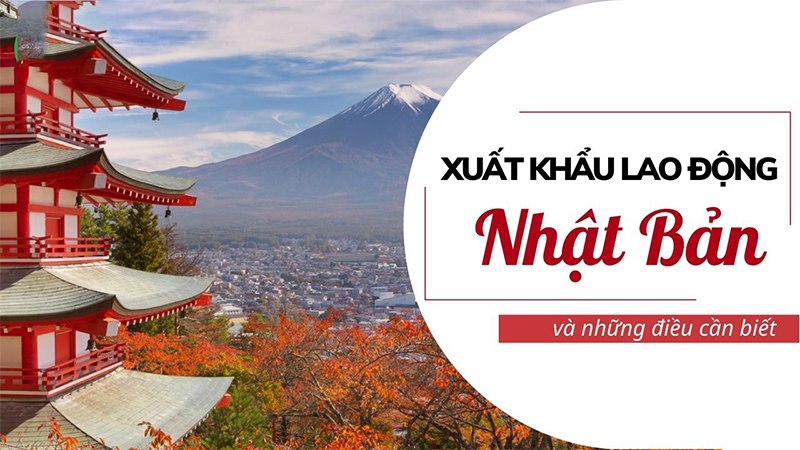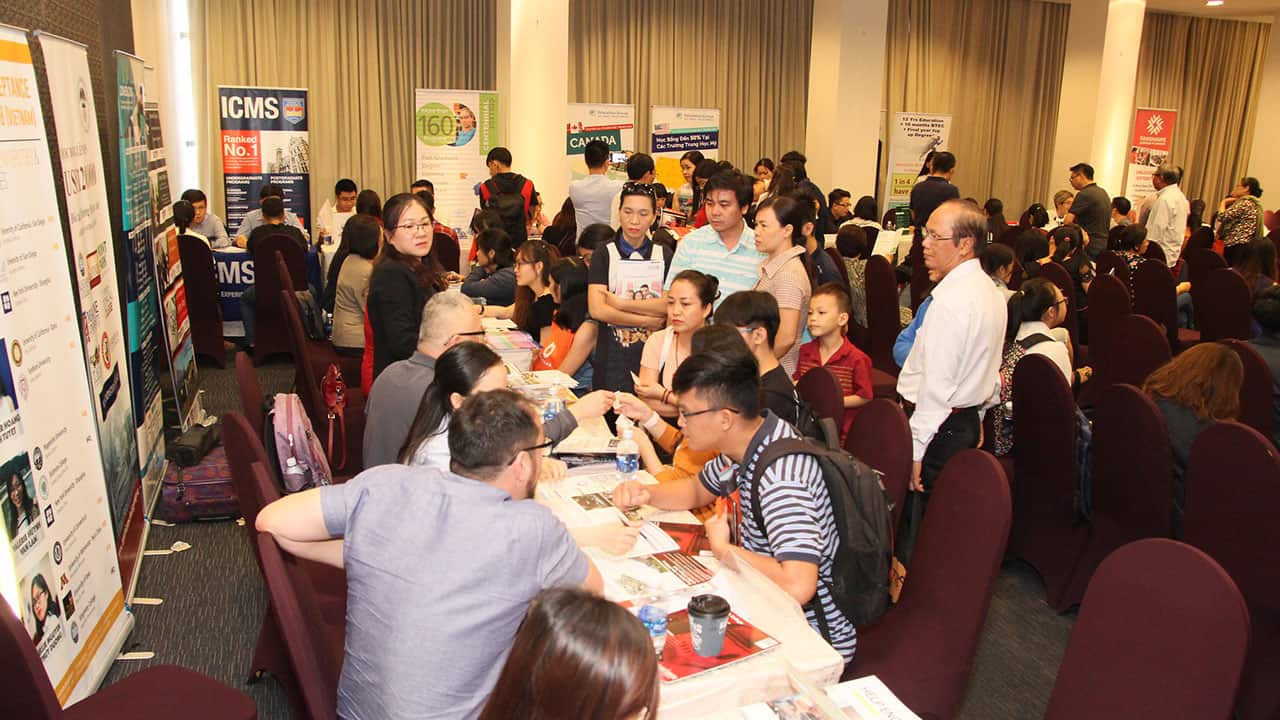1. What is Labor Export to Japan (Internship)?
Labor export to Japan is a form of sending workers to Japan to work under a program signed between the governments of Vietnam and Japan. Those who go to work in Japan legally must go through one of two management agencies: the Ministry of Labor, Invalids and Social Affairs (MOLISA) or a licensed sending company.
2. What is the difference between Labor Export to Japan, Trainees in Japan, and Technical Interns?
The program for working in Japan has many different names such as: Labor Export to Japan, Trainees in Japan, Technical Interns… Although there are various names, they all refer to the same program. Currently, “Technical Interns in Japan” is the most popular name for this program.
3. The significance of the internship program for Vietnamese youth
The purpose of the Technical Internship program is for Japan to receive workers from developing countries to practice, improve skills, enhance work ethic, and foreign language abilities over a specific period ranging from 1 year, 3 years, to 5 years. The Technical Internship program in Japan brings significant values and meanings for Vietnam:
- Skilled Workforce Development: It trains a generation of youth with strong skills in manufacturing, processing, and production fields; industrial work ethics; and foreign language proficiency.
- Capital Accumulation: Interns can save a certain amount of capital (around several hundred million VND) as a foundation for starting their own careers after the internship period.
- Job Opportunities: After returning home, interns have opportunities to work in Japanese companies and factories in Vietnam, continuing to develop what they learned while working in Japan and building their careers.
- Business Connection: If this generation seizes opportunities effectively, they can become ambassadors connecting small and medium enterprises, as well as large Japanese economic groups that continue to invest heavily in Vietnam, leading to the transfer of production technology and techniques to Vietnam.
4. Popular labor export programs to Japan today
Currently, individuals wishing to study and work in Japan have two main programs to choose from:
| Technical Intern Program | Engineer Program |
|
|
|
|
|
|
|
|
|
|
|
|
|
|
5. Conditions to participate in the Technical Internship Program in Japan
- Gender and Age: Male and female, ages 19-30.
- Educational Qualifications: Graduated from high school, intermediate vocational school, college, or university.
- Height and Weight:
- Male: Height from 158 cm, weight from 50 kg or more.
- Female: Height from 150 cm, weight from 45 kg or more.
- Health: Must be healthy and not suffer from diseases that the Japanese government prohibits for entry, such as hepatitis B, HIV, color blindness, and other infectious diseases.
6. Documents needed when going to work abroad in Japan
- High school diploma and highest degree (original copies).
- Curriculum vitae, household registration book, birth certificate, identity card.
- Passport.
- Certificate of marital status (for unmarried applicants).
- Certificate of conduct.
- Certificate of criminal record.
- Family commitment document and intern’s commitment.
- Health check fees: Male: 1,010,000 VND; Female: 1,040,000 VND.
- 4 photos 4×6 (international standard: white background, wearing a white shirt, male wearing a tie).
- For candidates who have previously registered/participated in working/studying/cultural exchange/tourism, etc. abroad, it is necessary to bring all relevant documents.




